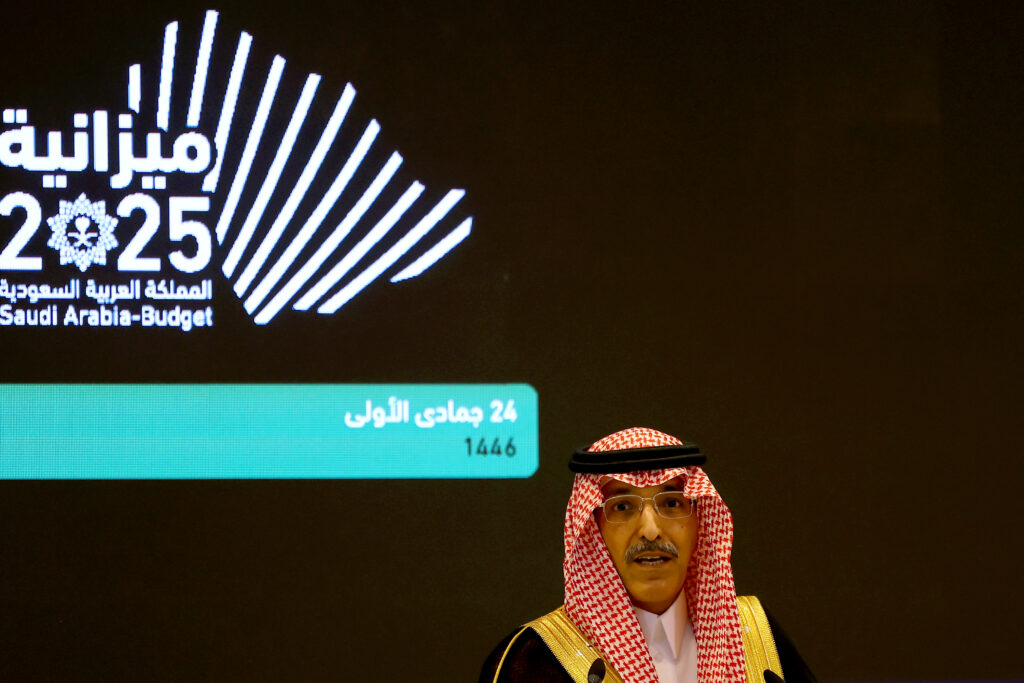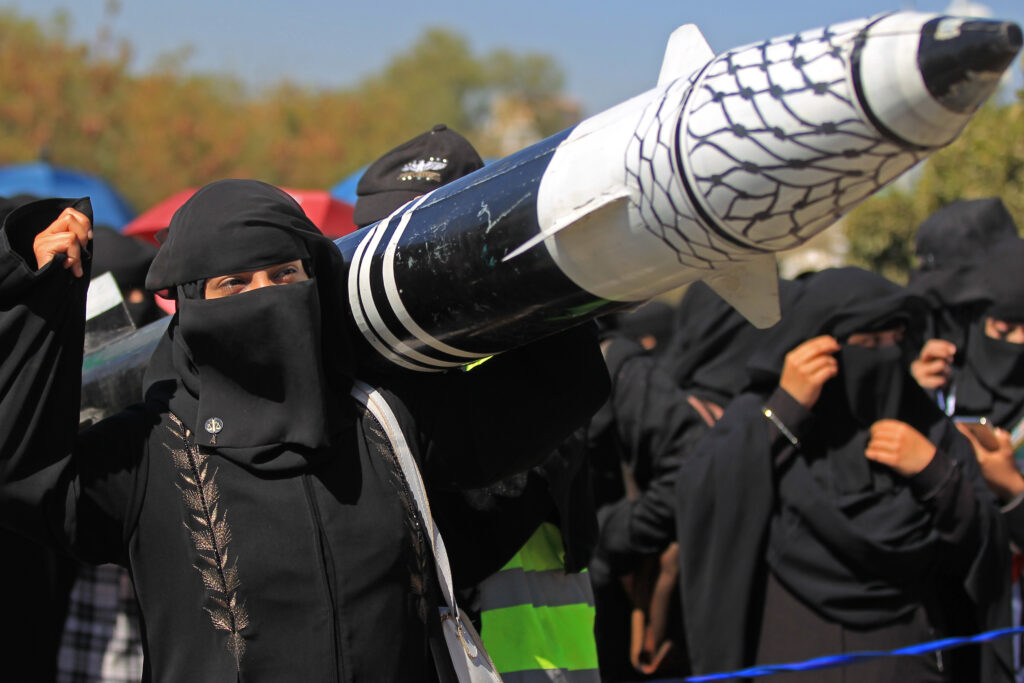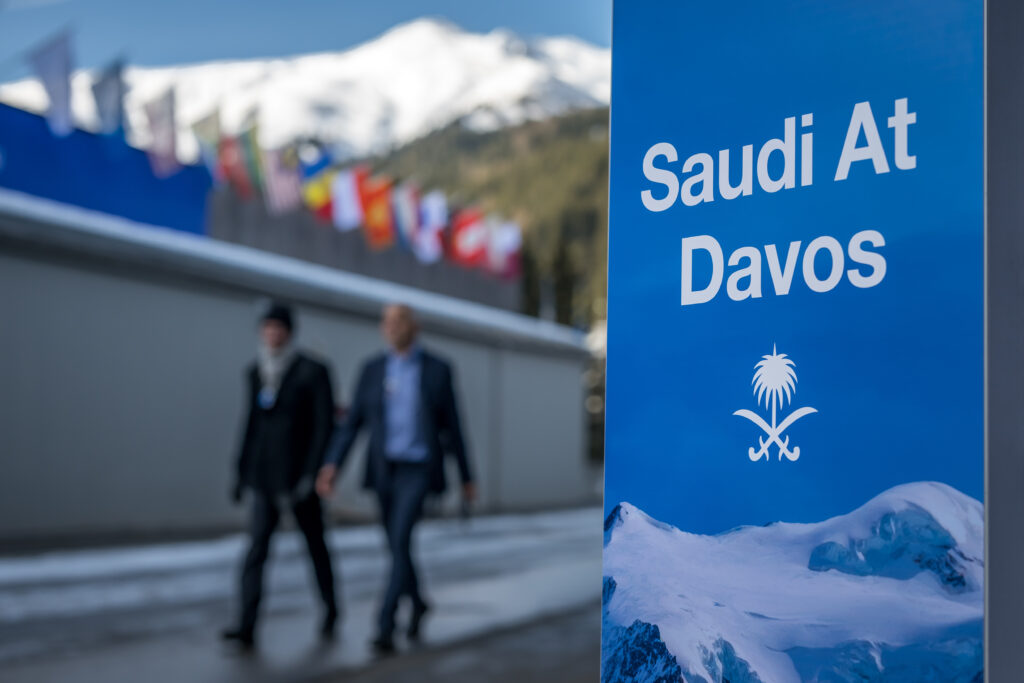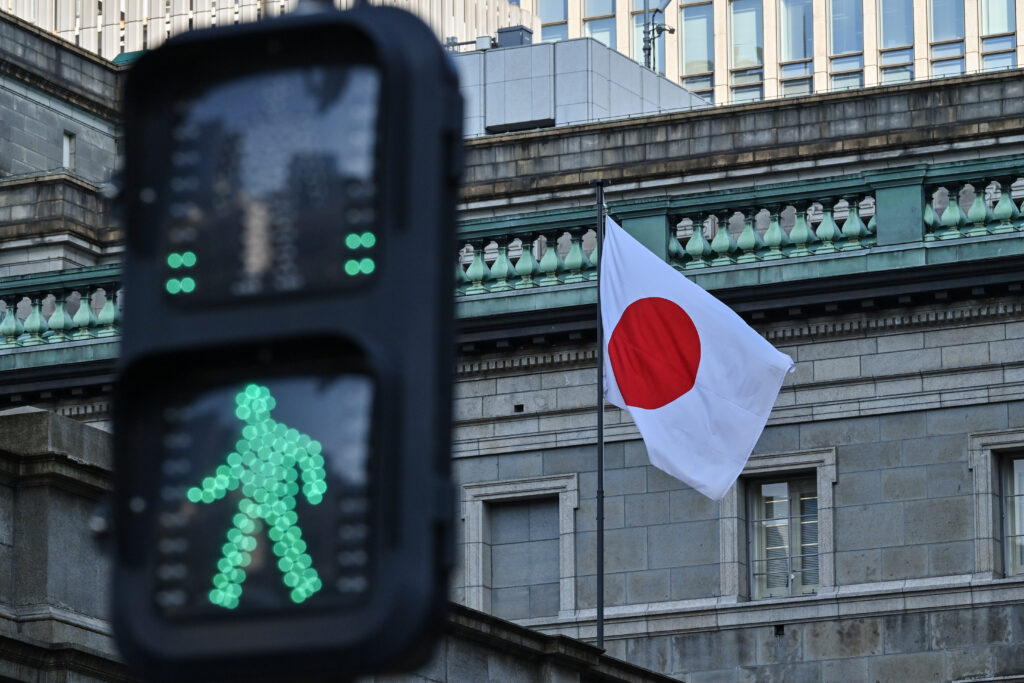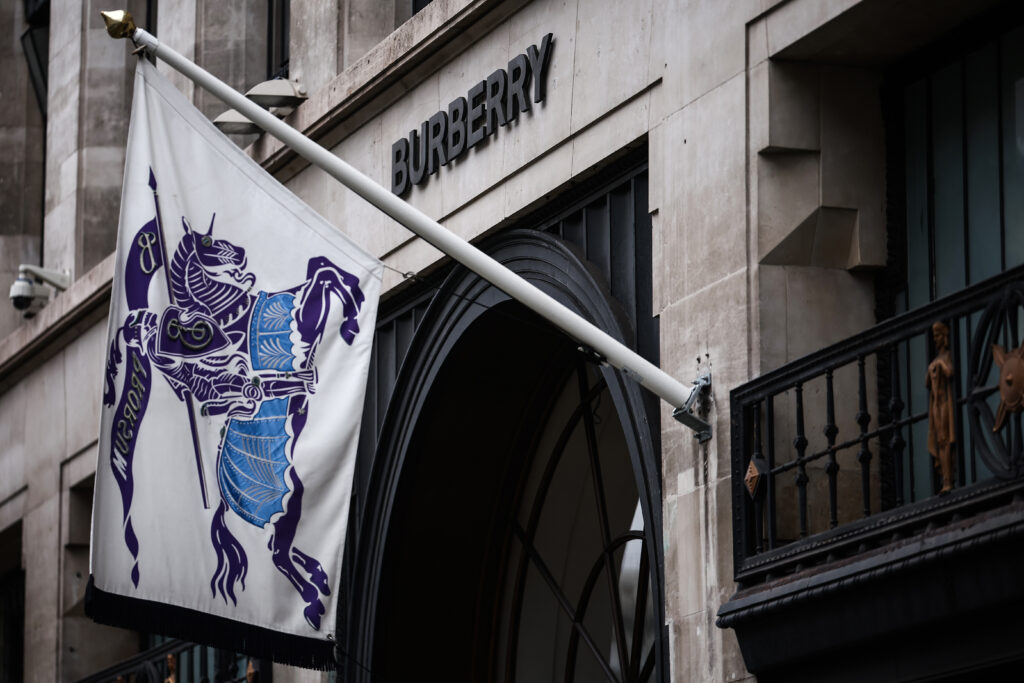Saudi Arabia must punch its weight on global stage: minister
Saudi Arabia “needs to punch at (its) weight” on the global stage given its growing institutional presence and the return of Donald Trump, the kingdom’s finance minister told AFP in Davos.The wealthiest country in the Arab world has taken a larger place on the international scene since assuming the presidency of the G20 in 2020, and is seeking the right balance between its Western allies and emerging countries.”We are a key player in the world, the world economy, and we need to punch at our weight”, Finance Minister Mohammed al-Jadaan said on the sidelines of the annual World Economic Forum in Davos.Through al-Jadaan, the Gulf state also chairs the committee advising the International Monetary Fund (IMF) on monetary and financial matters. Riyadh is also a key geopolitical player in the Middle East and a Global South looking to make its voice heard. “We need to make sure that emerging economies and low income countries’ voice is heard,” al-Jadaan said. “This is why we are really protecting, in every possible way, their interests in these multilateral institutions,” he said, stressing that emerging economies were “becoming actually larger than advanced economies in total population and size of economy.””Collectively, they need to be represented in the table.”- BRICS -The Kingdom has been invited to join the BRICs, a group of emerging economies including Brazil, China, India and Russia, but al-Jadaan said they “have not made that decision yet” and were still assessing “whether it is in our interest.”The Carnegie Endowment for International Peace think tank said that “Saudi Arabia cannot risk alienating China or Russia,” in a paper released in November.”But it also cannot afford to burden its relationships with the West by in any way endorsing China and Russia’s attempts to build an anti-Western bloc,” it added.This partly explains the Saudi Arabia’s hesitation, especially given US President Donald Trump’s close relationship with Saudi Crown Prince Mohammed bin Salman during his first term in office.”We enjoy a very important strategic economic relationship with the US,” regardless of who’s in the White House, al-Jadaan said a day after Riyadh announced it will pile $600 billion into US trade and investments.AFP spoke with al-Jadaan Thursday night before Trump’s video appearance at Davos, in which he asked Riyadh and OPEC to reduce oil prices.Saudi Arabia’s Crown Prince launched in 2016 a vast modernisation plan and reform agenda, Vision 2030, which seeks to attract foreign investors and to develop its tourism industry. As part of its global charm offensive, the kingdom has also used soft power, massively investing in tennis, golf, Formula 1 racing and football, with the 2021 purchase of the Newcastle United football club in England.It scored a major coup last year when it was selected to host the 2034 World Cup, prompting strong criticism from some NGOs that say a high number of migrant workers died on Vision 2030 construction sites.”This is categorically not true,” the finance minister said about the accusations.”If you compare our standards of workers protection today to the best in class in the world, we would be the same today.”
